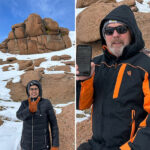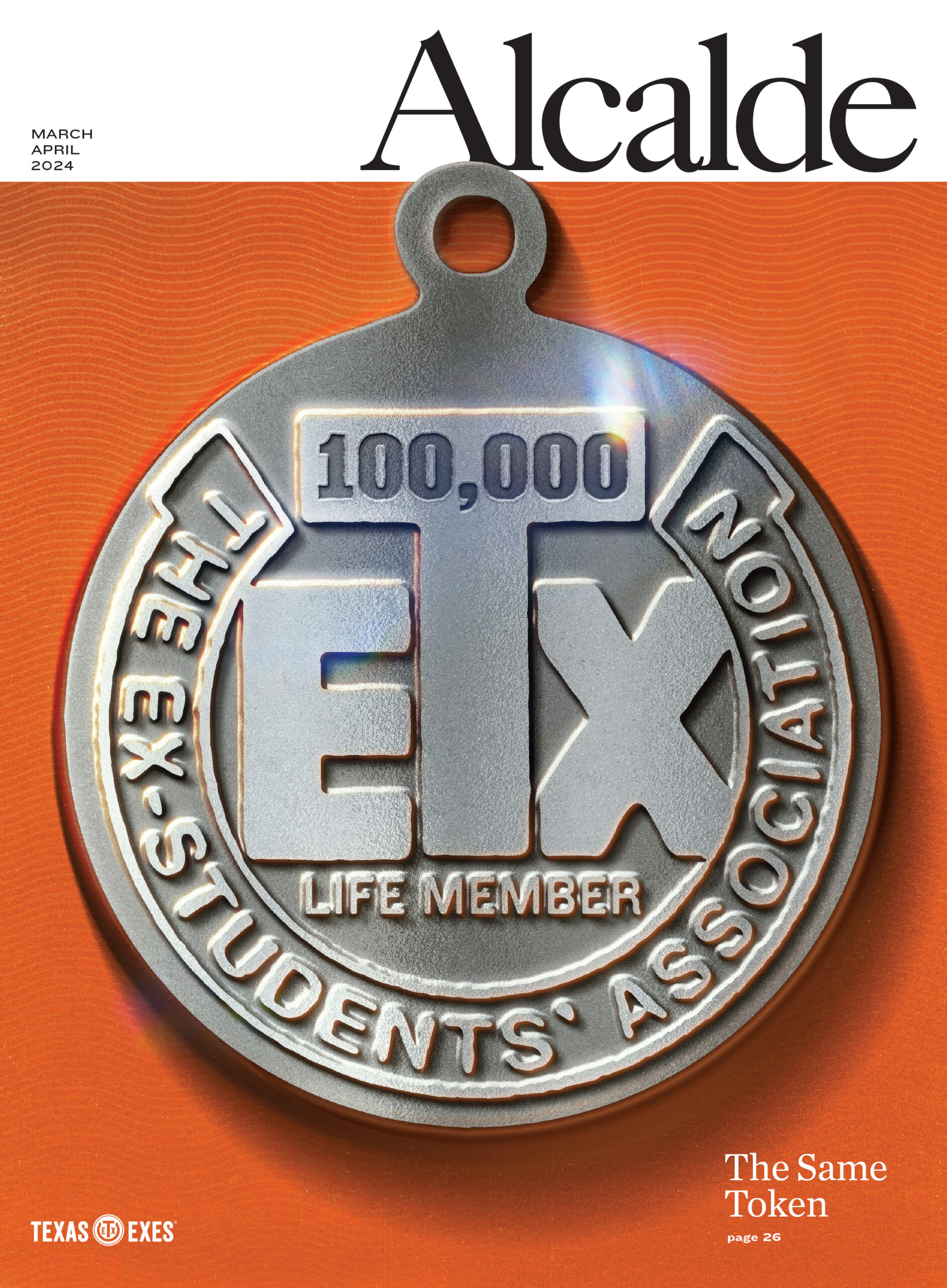UT Professor Solves a Centuries-Old Shakespeare Mystery [Watch]
Coleridge would be proud.
In 1833, poet Samuel Taylor Coleridge was the first to wonder if part of Thomas Kyd’s 16th-century play The Spanish Tragedy might have been written by William Shakespeare. Scholars have spent the intervening 180 years trying to answer that question—and now UT English professor Doug Bruster has done it.
Bruster studied the Bard’s bad handwriting and idiosyncratic spelling patterns (such as “wrapt” for “wrapped”). His analysis confirmed that 325 lines of Kyd’s play, known as the Additional Passages, were written by Shakespeare. The journal Notes & Queries has published the new findings.
“We don’t have any absolute proof, but this is as close as you can get,” Shakespeare expert Eric Rasmussen told the New York Times.
Of course, the discovery isn’t Bruster’s alone. It builds upon a long body of related work, most notably a 2012 computer software analysis by British researcher Brian Vickers that pointed in the same direction. Bruster spoke with the Alcalde about how he made the discovery—and why Shakespeare still matters.
How long have you been working on this project?
Well, I’ve been working on Shakespeare for as long as I can remember, but I started thinking hard about these passages two or three years ago. I was a skeptic; I didn’t think Shakespeare wrote them. There were things in the passages that seemed awkward, not like something he would write. Then I read a very persuasive essay by Brian Vickers, arguing that there are parallels between the Additional Passages and words and phrases in Shakespeare’s accepted works.
Finding parallels isn’t always enough by itself to make a case for authorship. I think what I’ve been able to do is demonstrate how words and even letters that were formed on the pages behind the Additional Passages are consistent with what we know about Shakespeare. It turns out that the elements of the passages that didn’t seem like his writing—those were misreadings.
Would it have been unusual for Shakespeare to contribute to another writer’s play?
Not at all. Ever since the Romantic period, we tend to think about authorship as a solitary thing. But in Shakespeare’s time, it was actually more common for plays to be collaborations than to be single-authored.
After bringing some closure to this longstanding mystery, what are you thinking?
In talking to so many colleagues about this issue, I found out again and again that there’s always something more to learn about Shakespeare. Sometimes people ask, ‘Why are we doing research in the humanities? Hasn’t everything about Shakespeare been written already?’
Look, to be honest, we don’t know the first thing about the man. We don’t know why he wrote what he did. There is still so much more to learn about Shakespeare and about everything in the humanities.
What do you enjoy most about teaching at UT?
My favorite course is English 316K, “Masterworks of British Literature.” I get to have students who are not English majors, who may never take another literature course in their lives. And I get to introduce them to some of the best things ever written in the English language—Chaucer, Milton, Austen, Keats.
Not all professors would pick a non-majors’ course as their favorite.
It’s why I teach. Don’t get me wrong, I love advanced courses, too, but it’s my favorite course.
These are students who most likely will never get another chance to sit and read the works of Chaucer and Wordsworth and just think seriously about them. But we get this one opportunity together to read and write and think about these things that really matter in our language. And that’s a privilege.
What would Shakespeare think if he could see all the excitement over this discovery?
I don’t think he could have anticipated that we would care so deeply about the products of his pen. But on the other hand, every writer secretly wants his work to endure. He might be puzzled, but I think he would also be pleased.
Video by Mason Jones, The University of Texas at Austin.

















No comments
Be the first one to leave a comment.